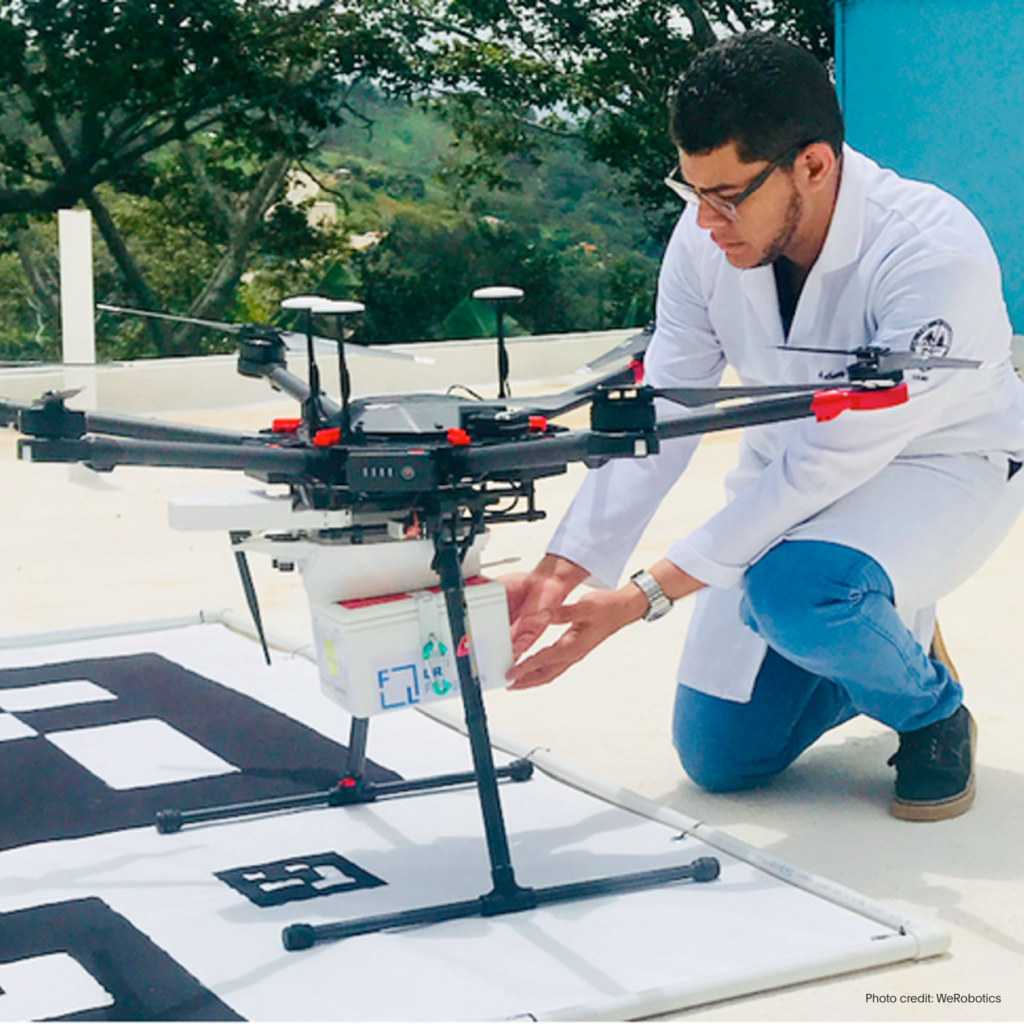- PagerDuty /
- Blog /
- PagerDuty Life /
- This Is Not Your Golden Ticket to Success, but It’s a Start
Blog
This Is Not Your Golden Ticket to Success, but It’s a Start
Now that you’re well-equipped with how to fast track your career and survive the high growth startup stage, in this post I’ll share my advice on how to make time for professional development and lay the groundwork for reaching your career goals — something many of us, even the most driven, are guilty of neglecting.
There are entire sections of libraries and bookstores dedicated to guides on career success, and websites updated daily with tips on how to win at work. It’s obvious that there is a high demand for answers to questions like, “Which path should I take to reach my career dreams?” and “What is the secret to being successful?”. There is no silver bullet for success or a proven path to breaking traditional boundaries, but I can provide my personal perspective, based on experience, on steps anyone can take to develop a professional career plan.
Step 1: Set specific, attainable goals for 2, 5 and 10 years into the future
 Mapping out a lifetime’s worth of work seems like a daunting task at first, but it has proven to be intensely motivating and rewarding after it’s laid out. The place where many fall short is identifying the pathway to get from here to there. Having a clear vision for the milestones you want to achieve takes time and should be treated as an ongoing process. It’s best to reserve an hour or two on a weekend, or a time when your mind can escape the minutia of work, to start drafting your career roadmap. Let it sit, then come back to your plan a few days later with fresh eyes to adjust as necessary.
Mapping out a lifetime’s worth of work seems like a daunting task at first, but it has proven to be intensely motivating and rewarding after it’s laid out. The place where many fall short is identifying the pathway to get from here to there. Having a clear vision for the milestones you want to achieve takes time and should be treated as an ongoing process. It’s best to reserve an hour or two on a weekend, or a time when your mind can escape the minutia of work, to start drafting your career roadmap. Let it sit, then come back to your plan a few days later with fresh eyes to adjust as necessary.
One technique you can use is the SMART method for goal setting, which ensures goals are specific, measurable, achievable, results-focused and time-based. Make sure you break the milestones into bite size chunks of tasks so you can track your progress and adjust along the way. If you feel you are falling behind, what do you change to catch up? If you are tracking ahead of schedule, what else can you do to stay ahead? Understanding what promotional path you’ll need to pursue to get to your destination will make it easier to track your progress as you advance through your career. You can talk to people in your field about their timelines and check LinkedIn profiles of people you admire to assure you’re allocating enough time to achieve certain milestones.
While it’s good to include reach goals, make sure that they are sensible, achievable and they allow you to take the right steps. Remember, experience cannot be rushed and it’s important to invest in the deep work that will prepare you well to reach your goals. And speaking of investing, try and invest 1 percent of your annual earnings into becoming better professionally. Books, seminars, online courses or other educational vehicles are all available if you deliberately establish a budget, then choose those that best fit your learning style. For me, I’ve invested in a personal coach and she has been able to share best practices from working with other leaders to accelerate my professional development.
Step 2: Share your career plan with people who inspire you
Let others into your plan. Research shows it helps! The Dominican University of California conducted a study on how communicating goals with others can affect people’s rate of achievement. Based on the survey of 267 participants, 70 percent of those who shared weekly updates with their peers reported success in achieving their goals, which compared to 35 percent of those who kept their goals to themselves. Being able to share your aspirations and timeline with a mentor, friend or colleague will help keep you honest, accountable and stay on track.
I like to set aside time for at least one conversation per week that’s focused on my professional development. This can include penciling in a 30-minute coffee or after-work phone call to a person that keeps me motivated and is not afraid to give honest feedback. I cannot speak highly enough about how much this has helped advance my career and manage any anxieties around my progress. An outsider’s perspective always helps me keep the bigger picture in mind, especially in times when things are moving 100 miles per minute.
Step 3: Set aside time for daily self-reflection
 Our days can easily get overbooked with meetings or bogged down by urgent projects, leaving us little time even for lunch let alone a free moment to think about our careers. Too many think about career development but it’s almost never urgent enough. However, making self-reflection a priority, on par with other important action items, will help you evaluate where you are on your career path, allow you to appreciate your achievements and understand actions you can take to reach your next milestone.
Our days can easily get overbooked with meetings or bogged down by urgent projects, leaving us little time even for lunch let alone a free moment to think about our careers. Too many think about career development but it’s almost never urgent enough. However, making self-reflection a priority, on par with other important action items, will help you evaluate where you are on your career path, allow you to appreciate your achievements and understand actions you can take to reach your next milestone.
It also helps alleviate stress. There are many simple ways you can make time for self-reflection and naturally work it into your schedule. No matter what method you choose, allow yourself at least 30 minutes to reflect on your career, health and relationships. Feel out when it’s best for you to get into this mindset, and make a habit of reserving this time every week to be by yourself and reflect.
The key to getting the most out of these three steps is consistency. There’s no quick path to achieving your goals – it takes dedication to developing your career plan as your experience and aspirations grow and as you continue to learn lessons from others. Be open to change and make sure to have a little fun along the way!
Check out the rest of the posts in the series:
» Interested in joining PagerDuty and building out your career? Check out all of our openings on our careers page and apply today!


